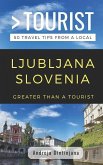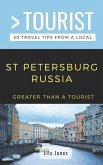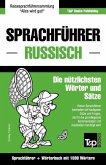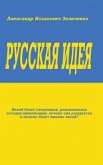The Russian Revolution provided the working-class movement with a concrete model of socialI'm. For French militants, as well as for many members of the cultural and political elite, the Soviet Union became the goal of a secular pilgrimage (or an ?anti-pilgrimage?). As a result, a new form of travel developed, linked to propaganda efforts, which would soon be copied in Germany and Italy. In many ways, it announced the type of mass tourI'm that would come into being after World War II. As early as 1925, peasant and worker delegations were given the opportunity of participating in study trips to the Soviet Union. These trips, which opened foreign travel to social categories that had rarely been abroad, were of course totally unlike nineteenth-century forms of ?bourgeois? travel. Little by little, a kaleidoscope of travel to the Soviet Union has been compiled from a variety of sources. These include written and oral reports by returning visitors; complaints addressed to the French authorities; reports of arrests at the border; militants? chronicles, letters and travel diaries; and records kept by the Soviet travel organisations that watched over foreign visitors. This book tells the story of those travellers. This is really a group biography, recounting a specific period (1920 to 1930) in the lives of some Frenchmen and women. Who went on such trips? How and why? To what extent did the trip influence their political and social development? During the period of confrontation between the liberal democracies and totalitarianI'm, a trip to the Soviet Union was a political statement. In a context of ideological fascination and repulsion, how were these travellers brought face to face with ?living socialI'm How did they account for the doubts and questions raised by their encounter with daily Soviet reality? This book goes beyond iedividual anecdotes and casts a powerful spotlight on the notion of ?political belief? as it was experienced by militants of the French Communist Party during the pre-World War II period.Rachel Mazuy is a lecturer at the Institut d?Etudes Politiques, in Paris, and teaches at the Lycée Honoré Balzac, Paris. A graduate of the Institut d?Etudes Politiques, she has an agrégation and a doctorate in history.
Hinweis: Dieser Artikel kann nur an eine deutsche Lieferadresse ausgeliefert werden.
Hinweis: Dieser Artikel kann nur an eine deutsche Lieferadresse ausgeliefert werden.








